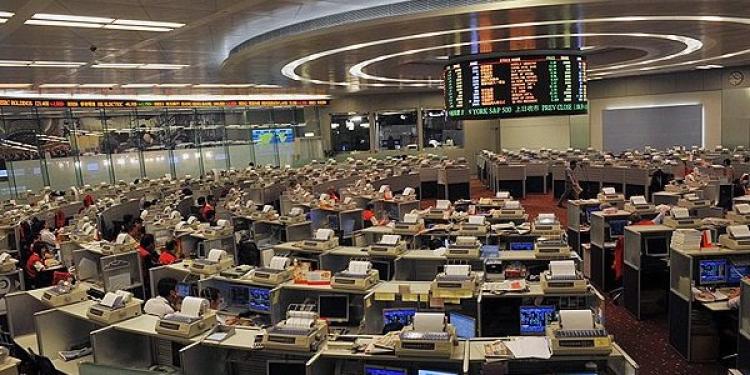Much Ado About Nothing – Transit Visa Cut Hurting Macau Casinos?
Posted: December 10, 2014
Updated: October 6, 2017

Transit visa cut scare among other obstacles facing Macau’s gambling industry.
Investors in Macau are in a panic. They blame transit visa cuts and long queues to obtain one as the
reasons for casino revenues taking a nose dive in Macau. Before summer 2014, a 7-day transit visa
would allow mainland tourists to use Macau as a stopover before moving on to an often ‘fabled’
third port destination. Since July though, this stay has now been cut to five.
Macau, the world’s top gambling hub, is the only place in China where casino gambling is legal. This is
because of the specific Macanese gambling laws that govern the gaming industry there. No surprise
then that more than 60 % of Macau’s mass-market gamblers come from mainland China.
Trouble comes thrice
With the reportedly tightened restrictions on transit visas, the Macanese casinos have a lot to
contend with these days. For their troubles don’t end there. Chinese officials, such as National
People’s Congress Standing Committee deputy secretary general, Li Fei, implored Macau to find
other means of nourishing the economy, rather than gambling.
Moreover, a Beijing newspaper publishing a rather dramatic and damaging article in its gambling
news section on the dangers of overseas gambling , have not helped. This report was responsible
for several of the Hong Kong traded counters hitting new lows on Tuesday and thus causing huge decrease in Macau casinos shares.
A gaming analyst at an Asian bank in Hong Kong agreed that transit visa restrictions and other factors
have hit Macanese gambling operators hard. It seems that at the end of the third quarter, gambling
revenues have had their steepest drop in more than five years.
Union Gaming reassures investors
However, Union Gaming Research, which publishes company research and analysis on the global
gaming thinks investors’ reaction to all three issues is overdone. Grant Govertsen, an analyst at
Union Gaming Group addresses all three concerns directly.
That the transit visa adjustment has largely affected Macau casino revenues, Govertsen begs to
disagree. He confirmed that most visitors who visit Macanese poker rooms dont actually stay more
than two days at a time anyway.
Union Gaming analysts went to the mainland China to investigate. They started at the underground
mall next to the Gongbei border gate in Zhuhai, where a number of stalls furnish the travel
documents for a transit visa. The gate at the border building itself houses a travel agency. All these
services were still in operation, though they shouldn’t be.
They pointed out that immigration officials made a show of carefully applying existing rules to transit
visa applications. It was observed that lines were longer because documents were more finely-
combed. Their report stated that transit visa applicants may face the added inconvenience of longer
waiting periods, that could last hours, but that aside, there were no significant new restrictions.
Junket operators hit by visa cut
The fact is though, that many high-end players and mainland-based junket operatives need transit
visas to enter Macau although they rarely ever leave Macau for the third leg of their requested
overseas trip.
Junket operators, also known as VIP room promoters, act as facilitators for Macau’s billion-dollar
casinos. They secure a certain amount of money from China’s rich gamblers, seducing them with free
accommodation, travel and extra benefits in Macau.
Although, Pansy Ho, politician, major stockholder in Macau and in SJM Holdings, backed Lei’s
warnings, Govertsen brushes off both, saying that these are “certainly nothing new, having been
reiterated time and again by various government officials”.
With regards to the newspaper report on overseas gambling destinations that prey on Chinese
players, Govertsen explained that the focus was mostly on South Korean Casinos. He said that
unfortunately as the newspaper mentioned Macau in passing, it was assumed that Macau Casinos
were also among the offenders.












